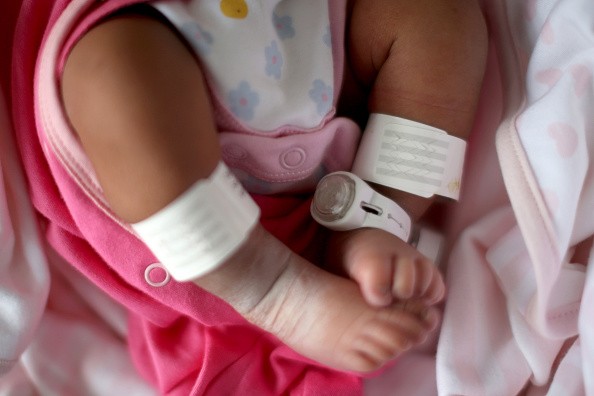
Babies born even a week or two prematurely may not developmentally ready for kindergarten when the time comes, according to a study. Some may be at risk for falling behind in school. Screening these children at age 2 may not accurately predict which children will be ready and which will not.
The study evaluated the kindergarten readiness of 4,900 full-term children and 950 late preterm infants when they reached school age. Late preterm infants are those that are born up to about 3 weeks early. Pregnancy normally lasts about 40 weeks, and babies born after 37 weeks are considered full term.
The researchers found that late preterm kids were 52% more likely to be unprepared. Roughly 75% of premature babies arrive between 34 and 37 weeks gestation, when they are considered late preterm, the researchers note in the journal Pediatrics.
Premature babies often have difficulty breathing and digesting food in the weeks after birth. They may also have problems with impaired vision, hearing, cognitive skills, and social and behavioral problems.
The researchers tested a nationally representative sample of 5- and 6-year-olds in age-appropriate skills that are associated with success in reading, math, and language. The children who were late preterm had significantly lower scores in all three areas, and had higher odds of severe impairment.
The premature babies in the study were less likely to be white, born to college-educated or married mothers, or from families living above the poverty level. The study suggests that, along with prematurity, socioeconomic status may play a large role in whether the children were ready for kindergarten.
The children who were found at age 2 to have significant or mild developmental delays were more likely to have kindergarten readiness scores in the bottom 5% later.
One shortcoming of the study is its focus on severe impairment, which may overlook some children with school difficulties, the researchers acknowledge.
While the study found many children improved between age two and kindergarten, it doesn't clearly show why this may have happened or whether any of the children may have received extra care or support.

